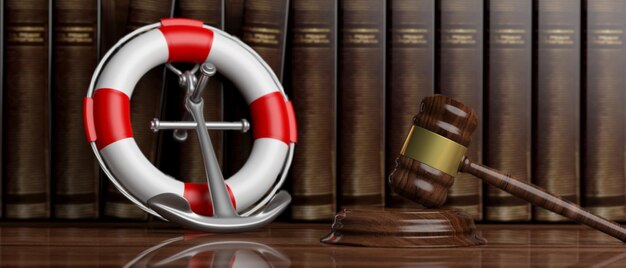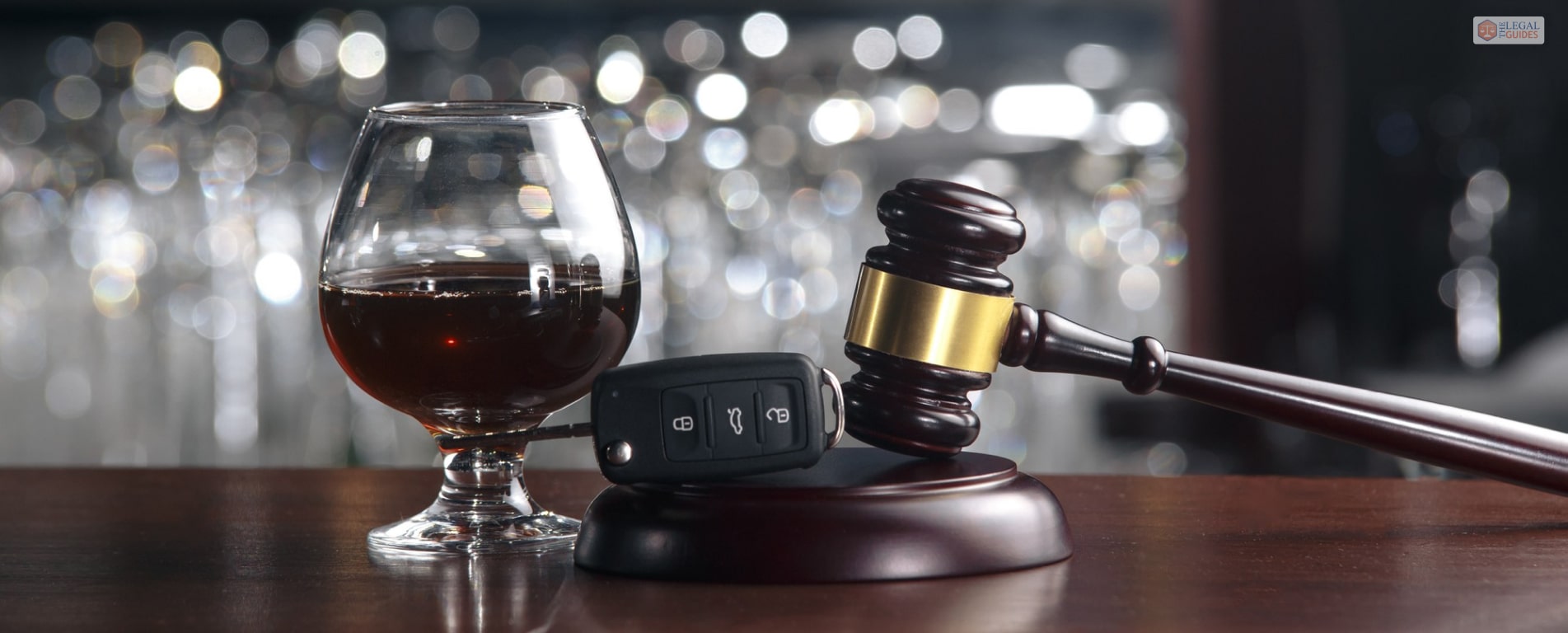Did you search for ‘Is A Boating DUI The Same As An Automotive Dui?’ Then you might be curious about boating DUI. This article is a guide to Boating DUI and how you can survive a Boating DUI arrest.
Several people enjoy a relaxing boat or yacht ride during their vacation. From fishing to simply cruising around in a boat is a great way to enjoy a vacation. But during this relaxing time, a simple addition of alcohol can make your vacation hell. This is especially true when you are on the water, sky, and road.
With the addition of alcohol when driving a vehicle on the road or on water or air, you can make a mistake that can cost you your life. This is why driving under the influence (DUI) is strictly implemented in most countries and states.
Be it on the road, water, or air, alcohol in your system can hamper your judgment and clarity. This is why it’s illegal to operate a boat under the influence of any drugs or alcohol. You can face several consequences and fines.
And if you are unaware of the consequences of boating DUI, then this article will provide some clarity to you.
What Is A Boating DUI?

The DUI attorneys in Arizona from Corso Law explain that a BUI is a crime that occurs when someone operates a boat while under the influence of alcohol or drugs. The alcohol and drugs in your system hinder your ability to safely operate the vessel and can cause accidents.
Your ability to navigate the boat is impaired so much that it causes life-threatening accidents. Boating DUI accidents usually involve the listed below substances in your system.
- Alcohol
- Marijuana
- Prescription drugs
- Over-the-counter medications
- Any other substance that can impair your judgment and coordination
Are The Laws The Same?
While specific boating DUI laws differ from state to state, most BUI laws are similar to DUI laws. Driving under the influence laws is related to roads, but the content of these laws also applies to the water.
This is because some components are similar in both aspects, like vehicle involved, alcohol or drug influence, and threat to human life. In most states, there is a legal limit for alcohol in your system. This blood alcohol content (BAC) is 0.08%, which can differ from state to state.
Similarly, boaters too have a fixed legal limit to operate their vessel on water. Since immediate rescue is harder on the water than on the road, the legal alcohol limit is lowered in BUI laws. In most states, it’s 0.04% for commercial vessel operators and personal vessel operators might have a bit higher legal limit.
You also have laws against boating DUI along with a set BAC limit when operating vessels on water. This is to ensure that you don’t operate a vessel, both commercial and personal, when your blood alcohol level is high.
This way, legal enforcement can avoid BUI accidents and loss of life. While these laws also ensure proper actions can be put into action when someone breaks these laws.
You should also be aware that even if your BAC level is below the legal limit, you can still face charges for impaired boating activities due to operating the vessel under the influence. This is why these are separate laws that cover BUI.
What Are The Penalties For A Boating DUI?

The penalties you get because of a Boating DUI can be as severe as those for a DUI. In some states, you could face:
- Jail time
- Fines
- Probation
- Community service
- Driver’s license suspension
- Boating license suspension
- Alcohol or drug education classes
- Increased insurance rates
These specific penalties differ in different states. So, the BUI charges will depend on the state you are charged in. In most cases, the severity of the offense plays a huge role when passing a judgment in BUI cases.
Are There Any Differences Between A Boating DUI And A Regular DUI?

While the laws and penalties for Boating DUIs are similar to those for DUIs, there are a few key differences:
Jurisdiction
State or federal law enforcement agencies enforce boating DUIs, while DUIs are enforced by local law enforcement.
Field sobriety tests
While field sobriety tests determine impairment in DUI cases, they may not be as effective on the water due to the rocking of the boat.
Breathalyzers
Breathalyzers are also also commonly find use test for alcohol impairment, but they may not be available on all boats.
Blood tests
Blood tests are the most accurate way to measure BAC, and they find use in Boating DUI cases.
No implied consent laws
Some states have implied consent laws, which means that you automatically consent to a breath or blood test if enforcement pulls you over for suspicion of DUI.
However, it is important to remember that these laws may not apply to Boating DUIs.
What To Do If You Are Stopped For A Boating DUI
If law enforcement stops you for suspicion of a Boating DUI, it is important to remain calm and cooperate with the officer. Do not argue or resist arrest.
Here are some additional tips:
- Do not answer any questions about your alcohol or drug consumption.
- Do not take any field sobriety tests unless the law requires you to do so.
- Politely decline any breath or blood tests.
- Contact a lawyer immediately.
Conclusion
Boating DUIs are offenses that can potentially damage someone’s life and property. You can face life-altering consequences if you operate a boat under the influence of open waters.
You might think that there is hardly any law enforcement on the water, unlike on roads, and then try boating under the influence. This small judgment can change the course of your life and your loved ones if you face an accident on the water.
Since it’s hard for rescue teams to reach your accident location on water, this can cause damage beyond jail time. You might lose your life or your loved ones due to BUI accidents.
So, it’s essential to understand the laws and penalties in your state regarding BUI. Again, if you get caught boating under the influence, then you will face significant penalties. So, always operate any vehicle with a clear mind, be it on water, sky, or road.
Read Also:
















